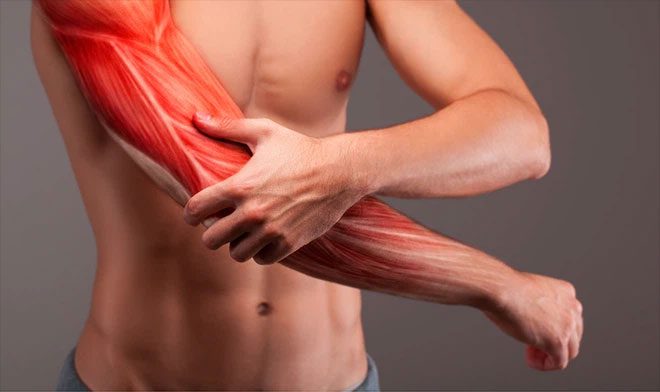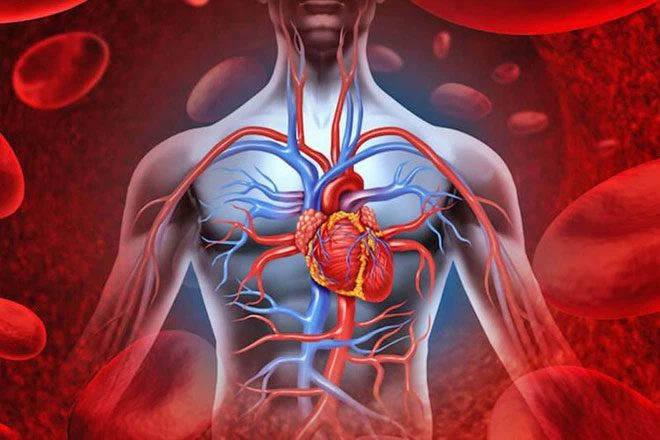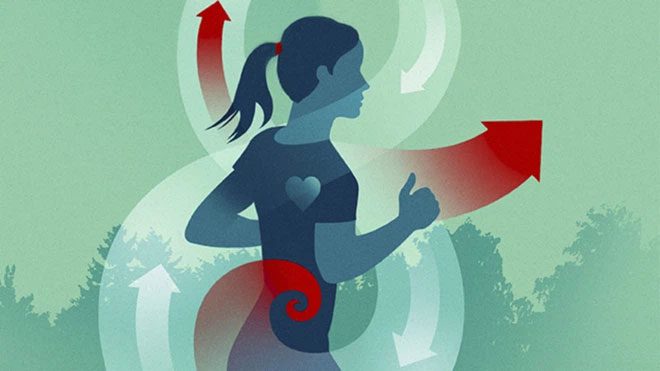If you notice that your weight is increasing despite your best efforts to exercise, then here’s the solution!
Everyone has their own goals when it comes to exercising, and most of us are accustomed to the idea that regular physical activity contributes to weight loss. So why does it sometimes seem that the results are completely the opposite?

Sometimes exercising can have the opposite effect.
Many of us exercise to lose weight, but sometimes exercising can actually contribute to weight gain. Is there something wrong with our bodies?
First, it is important to affirm: “the incident” of weight gain after exercising is a combination of several factors, but most importantly, it does not mean that you should stop exercising. Exercising is truly beneficial, even if you find yourself gaining weight after a few workouts.
While exercising plays a certain role in weight control, the flip side of the issue is increased food intake. If you notice that your weight is going up, you need to reassess both the quantity and quality of the food you are consuming. Exercising burns a lot of energy, which can increase feelings of hunger. Therefore, if you allow yourself to eat a little more than usual after exercising, you shouldn’t be surprised to see your weight go up.
However, let’s assume that your diet hasn’t changed; there are still some other biological factors that could explain the weight gain.

Exercising plays a certain role in weight control.
If you are not accustomed to high-intensity workouts but immediately start with heavy exercises, your muscles may be overworked. Small tears can occur in muscle fibers during exercise, leading to soreness throughout your body. However, this is not a concerning issue because this “damage” promotes recovery and muscle growth.
Nonetheless, these small tears can trigger the body’s inflammatory process, which results in more water retention than usual. Therefore, if you find yourself gaining weight after a few days of exercise, this could be the reason.

The increased blood volume in your body can also contribute to weight gain.
Another plausible explanation is that the blood volume in your body increases. When you exercise, whether you are doing pull-ups, lifting weights, etc., the muscles in certain parts of your body (like your arms and thighs) require more oxygen to maintain function. Consequently, there may be an increase in blood volume in these areas as more red blood cells, responsible for carrying oxygen, are produced.

You need to gradually increase your workout intensity and stick to a “diet” plan to lose weight effectively.
When considered individually, the factors mentioned above are unlikely to cause significant weight gain. However, when combined, they can lead to noticeable weight gain.
To avoid this, you need to gradually increase your workout intensity, adhere to a “diet” plan, and maintain a reasonable sleep-wake schedule to help your body recover quickly.




















































